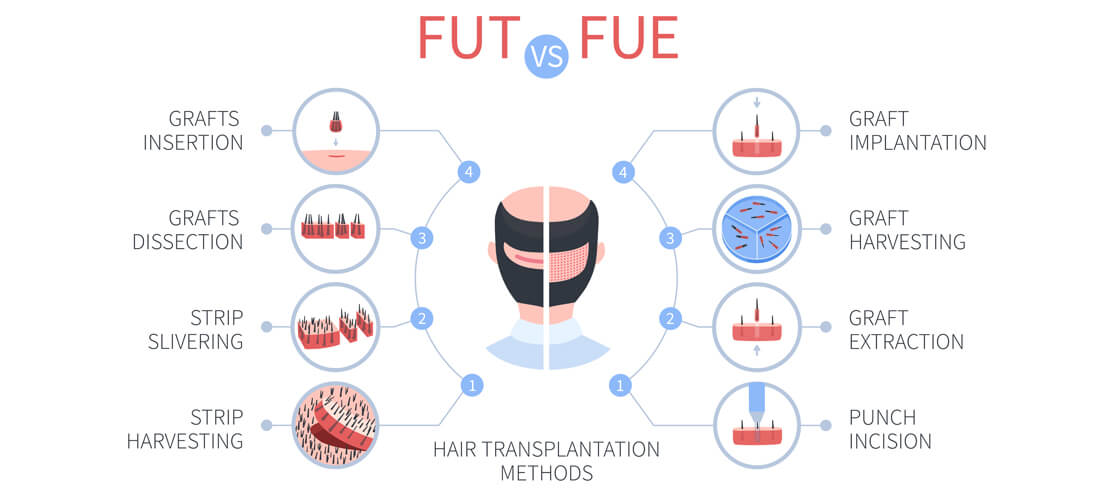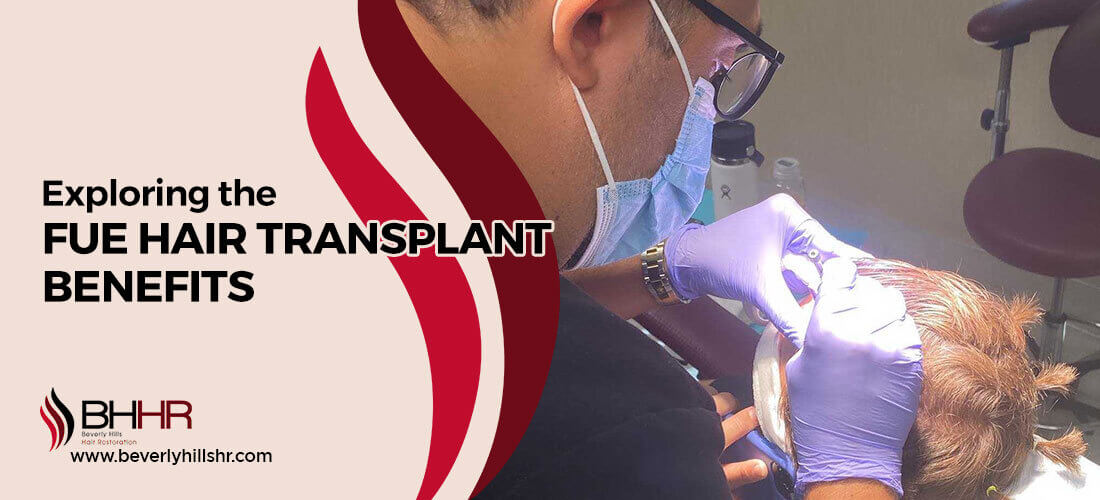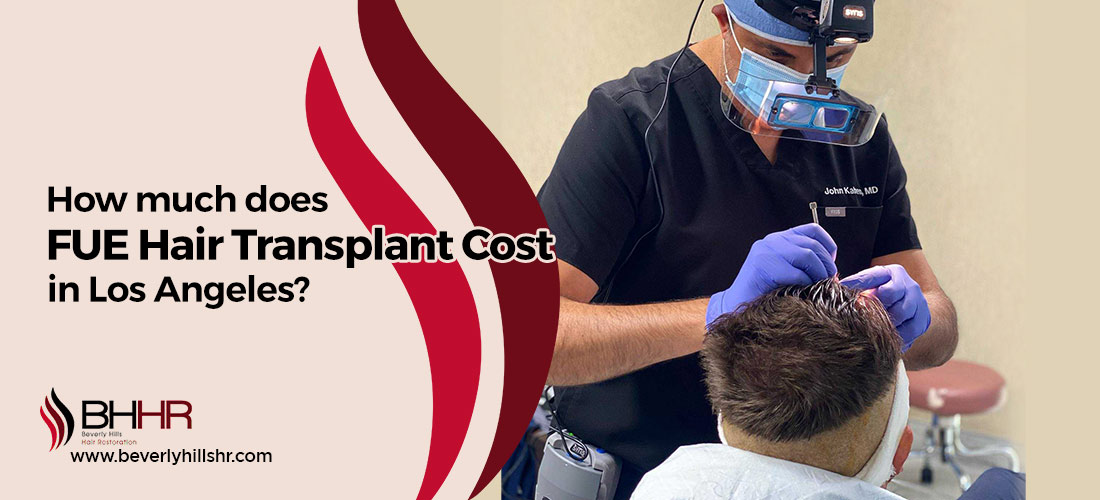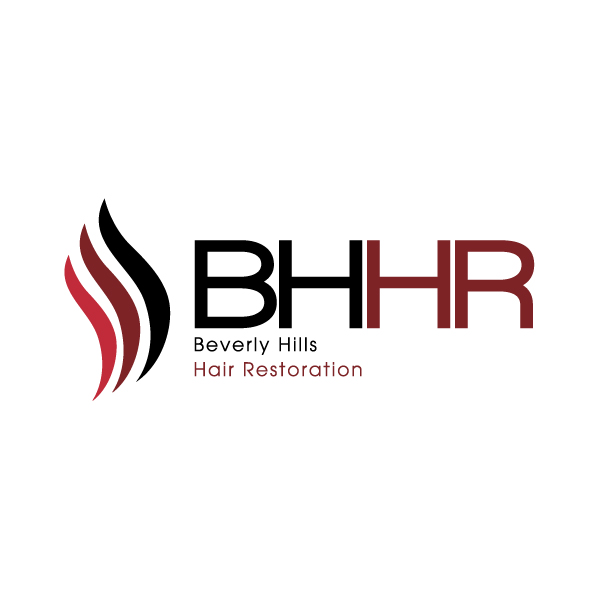FUE Hair Transplant Procedure: A Step-by-Step Guide
Home / FUE Hair Transplant / FUE Hair Transplant Procedure: A Step-by-Step Guide
Posted on : March 02, 2024 | Category : FUE Hair Transplant | Author: Beverly Hills Hair Restoration Team
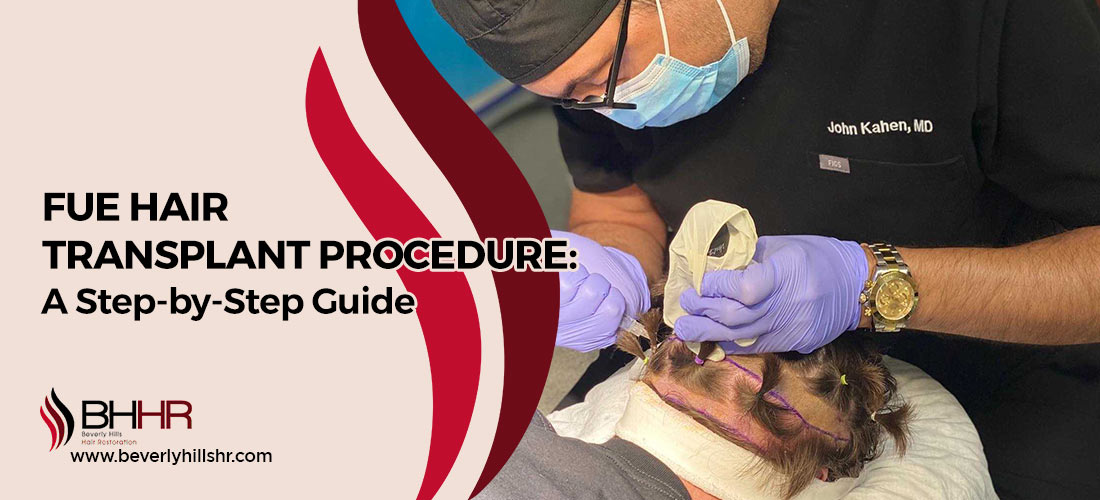
The FUE hair transplant procedure, enhanced by our advanced technology, Smart FUE, is revolutionary for those struggling with hair loss. In this method, Dr. John Kahen innovatively injects plasma into the scalp using Smart PRP Methods before graft implantation, making Follicular Unit Extraction (FUE) a minimally intrusive yet highly effective path to hair rejuvenation. This approach has made Smart FUE the preferred option for many seeking naturally seamless results. At Beverly Hills Hair Restoration in Los Angeles, we pride ourselves on providing exemplary FUE hair transplant procedures tailored to each client's unique needs, ensuring optimal results and client satisfaction.
Understanding the FUE Hair Transplant Procedure
FUE, also known as Follicular Unit Extraction, stands at the forefront of modern hair transplant techniques. This innovative procedure delicately retrieves individual hair follicles from the donor area and precisely implants them into the designated recipient site. Unlike traditional methods, FUE leaves minimal scarring and offers natural-looking results, making it a preferred choice for many seeking hair restoration at the best hair transplant clinic.
Read In Detail: What Is Fue Hair Transplant?
Pre-Treatment Preparation
-
Initial Consultation and Assessment
The pre-procedure process begins with an initial consultation at Beverly Hills Hair Restoration in Los Angeles, where patients meet with Dr. John Kahen for a comprehensive assessment. During this consultation, Dr.Kahen evaluates the patient's hair loss condition, discusses their aesthetic goals, and determines their suitability for the FUE hair transplant procedure.
-
Pre-operative Instructions and Guidelines
Before the FUE hair transplant, patients receive specific instructions and guidelines from Dr. John Kahen. These instructions may include dietary restrictions, medication adjustments, and haircare protocols to follow leading up to the surgery. Following these guidelines is essential to optimize the procedure's success and minimize potential risks or complications.
Read In Detail: Fue Hair Transplant Benefits
During the FUE Hair Transplant Procedure
-
Anesthesia Administration
Before initiating the FUE hair transplant procedure at Beverly Hills Hair Restoration, patients are carefully administered local anesthesia to ensure comfort. Dr. John Kahen pays meticulous attention to this step, ensuring that patients experience minimal discomfort and remain relaxed during the procedure.
-
Donor Hair Extraction
The scalp's donor area, typically at the back or sides, is prepared for hair extraction after anesthesia administration. Dr. John Kahen extracts individual follicular units containing healthy hair grafts from the donor area using specialized tools and techniques. This step is crucial for obtaining viable grafts for transplantation.
-
Graft Preparation
Once the follicular units are extracted, they undergo meticulous preparation to ensure their viability and optimal growth. Dr. John Kahen carefully examines each graft under magnification to select the healthiest units for transplantation. This process involves trimming excess tissue and ensuring that each graft is of the highest quality. By prioritizing graft quality, Dr. John Kahen maximizes the procedure's success rate and provides long-lasting, natural-looking results.
-
Recipient Site Creation
Dr. John Kahen skillfully creates tiny recipient sites in the scalp areas where hair restoration is desired. These recipient sites are strategically planned to achieve natural-looking hair distribution and density, tailored to each patient's needs and aesthetic goals. By meticulously planning the placement of recipient sites, Dr. John Kahen ensures that the transplanted hair blends seamlessly with existing hair, resulting in a natural and aesthetically pleasing outcome.
-
Injecting Plasma
In fue hair transplant, injecting plasma is a critical step that enhances the process's effectiveness and outcomes. This plasma, known as Smart PRP®, is rich in growth factors that stimulate hair follicles, improve tissue regeneration, and promote healing. Before transplanting hair follicles, Dr. John Kahen injects plasma into the recipient area. This innovative approach accelerates the healing process, strengthens the transplanted follicles, and promotes optimal hair growth, ensuring superior FUE restoration results.
-
Graft Implantation
After creating recipient sites, Dr. John Kahen meticulously implants prepared grafts using precise techniques. Each graft is delicately inserted at the correct angle and depth for optimal growth and natural-looking results. This meticulous process ensures seamless integration with existing hair, achieving the desired density and distribution. Efficient implantation minimizes procedure duration while maximizing grafts transplanted, which is essential for optimal results at Beverly Hills Hair Restoration in FUE hair transplant procedures.
Read In Detail: Fue Hair Transplant Cost
Post-Procedure Care of Patients
-
Immediate Aftercare Instructions
Patients receive detailed instructions for immediate post-operative care after the FUE hair transplant procedure at Beverly Hills Hair Restoration. These instructions typically include guidelines for cleaning and caring for the transplant area and recommendations for avoiding certain activities or behaviors that may compromise the procedure's success.
-
Long-term Care and Follow-up Appointments
Beyond the immediate post-operative period, long-term care is essential for ensuring optimal results from the FUE hair transplant procedure. Beverly Hills Hair Restorations arranges follow-up appointments to track the transplant's progress, evaluate hair growth, and address any issues or complications. These follow-up appointments are crucial for maintaining the health and appearance of the transplanted hair over the long term.
Concluding Thoughts: Elevate Confidence with FUE Hair Transplant
In final thoughts, undergoing the FUE hair transplant procedure at Beverly Hills Hair Restoration in Los Angeles represents a transformative journey towards regaining confidence and restoring a fuller head of hair. As one of the best hair transplant clinic, Beverly Hills Hair Restoration assures patients considering this procedure should feel encouraged by the potential of transformative results, fixing their hair density and confidence. The FUE transplant procedure offers lasting, natural-looking results, enhancing appearance and self-esteem for a lifetime. Dr. John Kahen will expertly navigate you through each phase of the process, ensuring optimal outcomes.
For a personalized hair transplant consultation, call us at 310.289.0901 or visit our Beverly Hills Hair Restorations clinic today.
